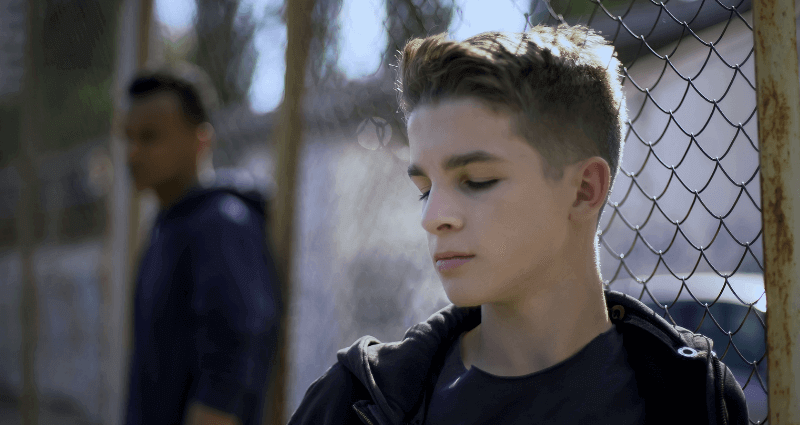
It is a scary situation to have your child arrested for a criminal offense. It leaves you worried and frustrated and unsure of what the future will hold. Having an experienced juvenile crime attorney can help you navigate the process and ease your fears and concerns – while ensuring your child gets the best possible outcome for his or her case.
Juvenile courts operate differently from the adult court system.
Juvenile courts operate differently from the adult court system. There are no jury trials and adolescents do not have all of the same rights that adults going through the criminal court system. Also, unlike adult court, which is primarily focused on punishment, juvenile courts focus more on rehabilitation and preventing children from committing crimes in the future.
Juvenile delinquency occurs when a child, or person under the age of eighteen, commits an act that would be considered a criminal offense if the same act had been committed by an adult. In juvenile court, children are not guilty of “crimes” but rather “juvenile acts.”
The juvenile justice system generally proceeds in the following manner:
- An arrest is made;
- After the arrest, a preliminary hearing will be held within 72 hours to determine if the child will be released or detained;
- Juveniles are not detained unless they are considered a flight risk, a threat to the public or they do not have a parent or guardian to take custody. Barring one of those circumstances, a child will be released to their parent(s) or guardian;
If it is found that there is sufficient evidence of a juvenile act, a formal adjudication hearing, that has some similarities to an adult trial, will occur;
- Juveniles can be represented by an attorney, but there is no jury trial in juvenile court
- Occasionally a juvenile can be tried in criminal court just as an adult. That can happen with summary offenses or violent crime charges.
Penalties for Committing Juvenile Acts
In juvenile court, an adjudication hearing does not equal “guilty” or “not guilty” as it would in adult criminal court. Instead, if a juvenile is found to have committed “juvenile acts” a judge will set forth “disposition orders”, which would be the equivalent to sentencing in adult criminal court.
The following are the options for disposition orders:
- Probation
- Confinement in a juvenile detention facility
- Sent to a child welfare facility
- May be required to pay restitution to the victim or pay to reimburse for lost, stolen or damaged property or personal injury
- Fines
When Can a Juvenile Be Sent to the Adult Court System?
There are several instances by which a child’s case will be adjudicated in the adult court system as opposed to the juvenile court system.
Any person charged with murder goes through the adult court system – regardless of age.
Also, a child who is age fifteen or older at the time of the offense will be charged as an adult if he or she used a deadly weapon OR has been previously adjudicated for any of the following offenses:
- Rape
- Involuntary Deviate Sexual Intercourse
- Aggravated Assault
- Aggravated Indecent Assault
- Kidnapping
- Robbery
- Robbery of a motor vehicle
- Voluntary Manslaughter
- Any attempt, conspiracy or solicitation to commit any of the above listed crimes
Should a juvenile case go to adult criminal court, he or she will then have all the rights of an adult in the court – including a right to a jury trial. However, this will also mean that if convicted of a crime, it will be on their permanent record and they will be subject to the same penalties as an adult charged with the same crime.
Also important to note, summary offenses are considered crimes no matter the age of the individual. They do not fall into the category of juvenile adjudications, and therefore, are processed in the same manner as an adult.
They are generally minor offenses such as underage drinking, disorderly conduct or shoplifting/retail theft under $150. One major difference between an adult and a juvenile when processing a summary offense is that the child will not be subject to the maximum ninety days in jail if convicted.
Contact the Pittsburgh Juvenile Crime Lawyers for More Information Today
Our Pittsburgh criminal lawyers believe in aggressively representing our clients while maintaining personal compassion to help clients through difficult situations. We know how to navigate the complex legal system to help you get the best outcome for your case. Your individual needs are important to us because we know this is not just a legal matter or a business transaction – this is your life. Contact the criminal defense attorneys at SMT today for a free consultation.
